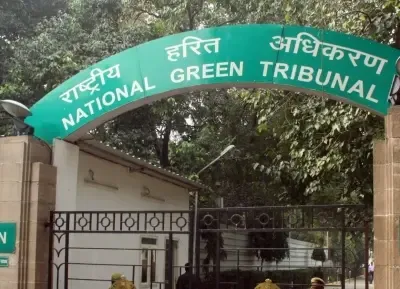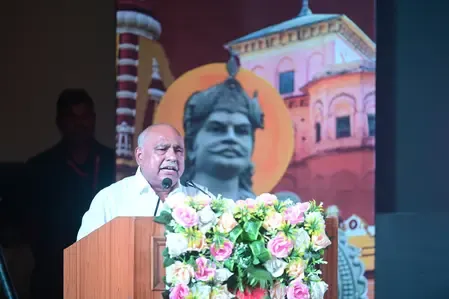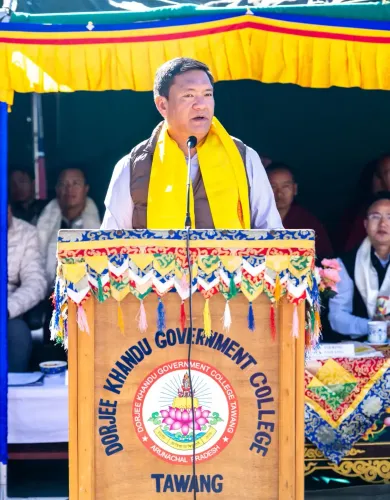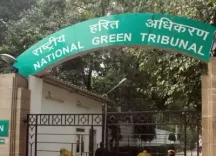Madras High Court Prohibits Arbitration Before Exhausting Credit Dispute Remedies

Synopsis
Key Takeaways
- Borrowers must utilize prescribed remedies before arbitration.
- Section 18 allows arbitration only when no legal remedy is available.
- Credit institutions must respond to correction requests within 30 days.
- Online dispute resolution is an available option for borrowers.
- Correcting discrepancies in credit reports is crucial for borrowers.
Chennai, April 10 (NationPress) The Madras High Court has determined that borrowers are not permitted to initiate arbitration proceedings for disputes concerning the non-updating of their credit history by entities such as TransUnion CIBIL Limited without first seeking the alternative remedies established under the Credit Information Companies (Regulation) Act, 2005.
A division bench comprising Justices Anita Sumanth and C. Kumarappan delivered this decision while approving an original side appeal lodged by the Reserve Bank of India (RBI).
The RBI, represented by attorney Chevanan Mohan, had contested a ruling from a single judge that allowed arbitration proceedings without requiring the borrower to first exhaust statutory remedies.
In disagreement with the prior ruling, the division bench stressed that Section 18 of the Act permits dispute resolution via arbitration and conciliation only if no other legal remedy exists.
Given that the Act specifies a clear mechanism for correcting and updating credit information, arbitration cannot serve as the initial option.
The bench elaborated that Section 21 of the Act details the process through which borrowers can request changes to their credit information. Borrowers have the right to demand modifications, corrections, additions, or deletions to their credit reports, and the institutions involved are legally obligated to address such requests within 30 days of receipt. If corrections are not made, borrowers must be informed of the reasons.
Justice Sumanth, who authored the ruling, indicated that any individual applying for a loan or credit facility is entitled to request a copy of the credit report obtained by the lending institution from a credit information company. These companies are required to provide such reports upon payment of the fees specified by the RBI.
If a borrower identifies discrepancies in their credit report, they may request that the relevant credit institution and the credit information company update their records. The law mandates that these corrections be verified and completed within the stipulated time frame. Thus, the statutory framework offers a robust and effective dispute resolution mechanism.
The court also observed the RBI’s assertion that TransUnion CIBIL offers online dispute resolution through a simple application process on its website. However, the borrower in this case had not utilized this remedy and instead directly invoked arbitration under Section 18.
The RBI's counsel contended that the single judge had made an error in entertaining the arbitration application and issuing an injunction against TransUnion CIBIL without the borrower first attempting to resolve the issue through the statutory process.
Concurred with this position, the Division Bench annulled the single judge’s order and allowed the borrower to initiate an online application to correct his credit report. The court clarified that, since TransUnion CIBIL had classified the borrower as "high risk" based on information from multiple banks indicating defaults on credit card and gold loan repayments, he could still seek rectification if he had valid documentation to dispute that classification.
In conclusion, the Bench reiterated that while arbitration is a possible remedy under the Act, it can only be pursued after all other statutory dispute resolution options have been thoroughly explored.









